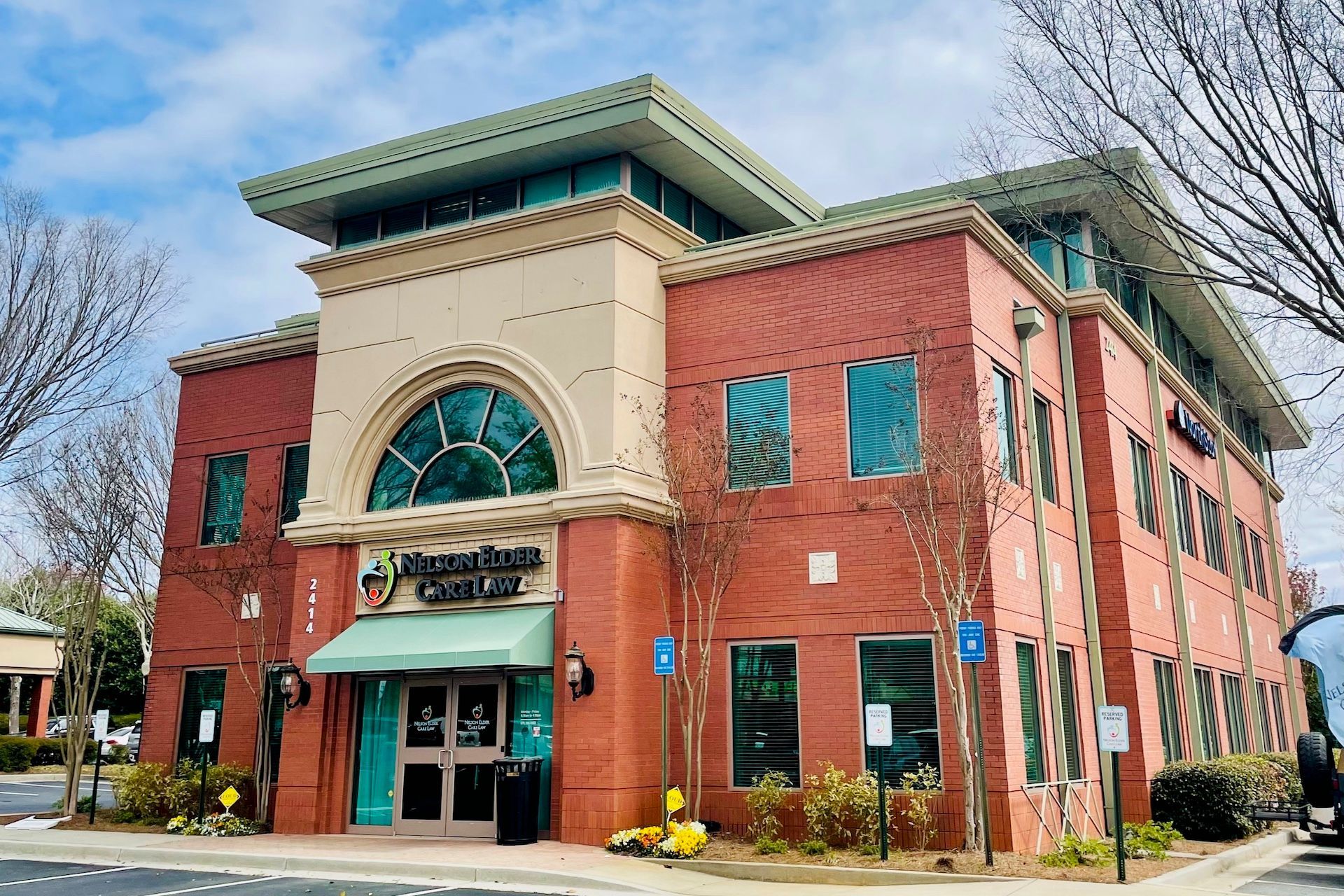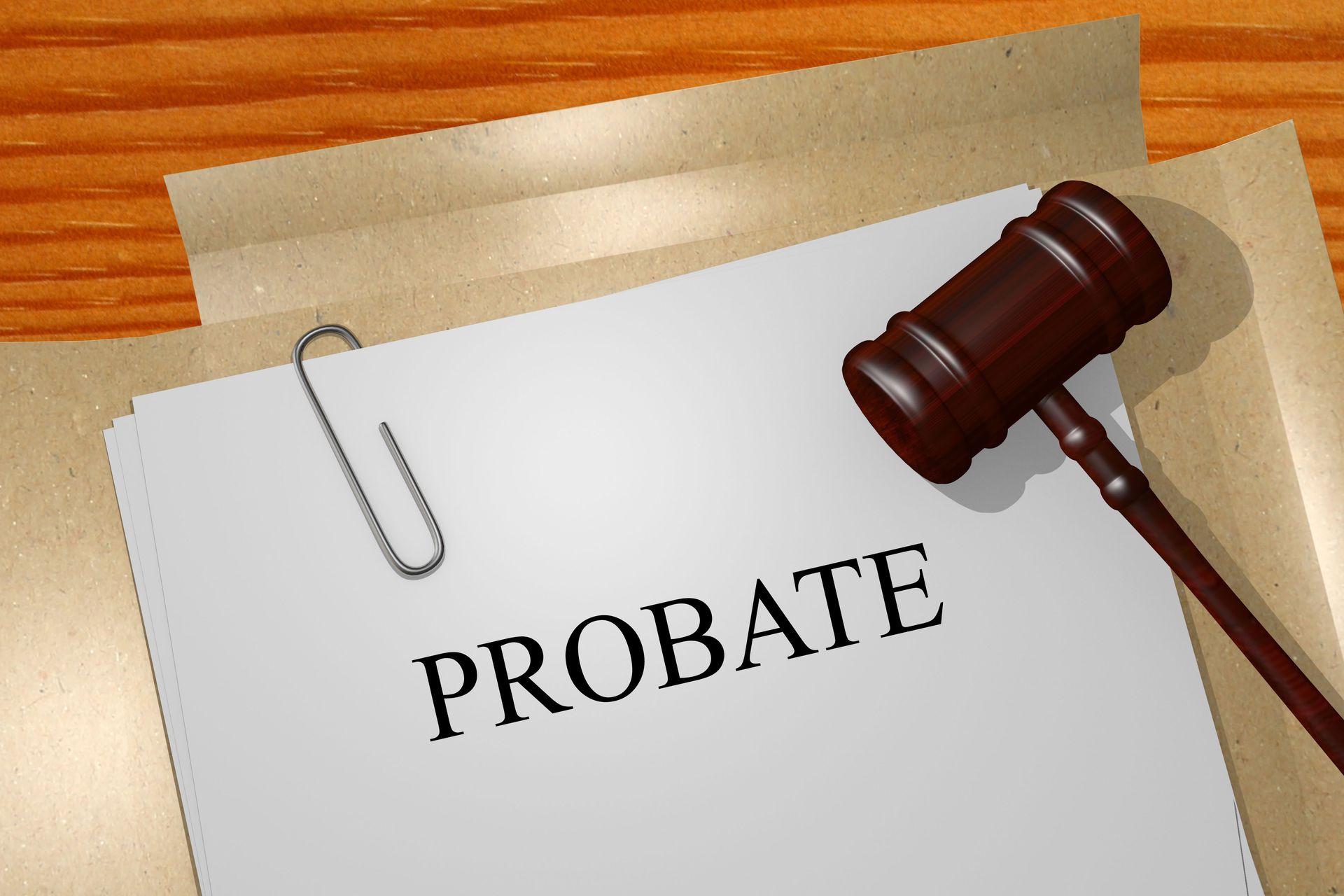Divorce and Estate Planning
8 Steps to Update Your Estate Plan Post Divorce
Divorce is always painful, regardless of whether it’s a bitter split or a fairly amicable one. If you’re recently divorced, now is the time to update your estate plan. If you’ve been divorced awhile and never got around to revising your plan, consider doing so as soon as possible.
People often make the mistake of assuming that once an estate plan is in place, it’s one and done. Nothing could be further from the case. Changes to your life situation like opening a new business, birth of a new child, death of a family member, marriage, and, as mentioned, divorce.
8 steps for protecting your assets from your ex-spouse
- Give you divorce decree to your estate planner. Your estate planning attorney will need this document to understand what, if any, legal obligations you have to your ex-spouse in the event of your death.
- Update your healthcare proxy. The healthcare proxy allows you to appoint someone to make healthcare decisions for you if you had an accident or had a health emergency, which made you unable to communicate your wishes directly. Unless you want your ex-spouse to make these critical decisions for you – and not many do – you’ll need to name another person whom you trust. This could be a sibling, other relative, or trusted friend.
- Change your power of attorney. If your current power of attorney names your ex-spouse, you should revoke it and execute a new one naming another trusted friend or relative as your agent regarding your financial concerns and assets.
- Revise your Will and trust. Revise your will to remove your ex-spouse as Executor of your Will and name another person as Executor. Same goes for your trust, if applicable. Remove your ex-spouse as trustee and appoint someone else. This ensures your ex-spouse has not control over your estate or trust and receives no assets in the event of your death.
- Discuss guardianship of any minor children with your estate attorney. Even if you don’t name your ex-spouse as the guardian of your children, he or she will likely serve in that role for your minor children unless a court determines him or her as unfit. If you had a particularly contentious divorce, discuss the possibility of naming someone else as guardian. For example, if your ex-spouse has asevere substance abuse problem, or other serious behavioral issues that could render him or her unfit, you could name another person as guardian, then leave enough money in a designated account to cover litigation necessary for the named guardian to prove the ex-spouse unfit.
- Ensure that you have a trust in place for minor children. With no trust in place for your minor children, your ex-spouse will have control over all of their finances (i.e. assets you left to them) until each turns 18. You can prevent this with a revocable trust and naming someone you choose as trustee to control and access these assets for your children in the event of your death.
- Revisit life insurance requirements. Divorce decrees often contain an obligation or one or both parents to maintain life insurance, which is to benefit minor children in the event of one parent’s death. You may need to keep your ex-spouse as the beneficiary. Naming someone else could result in litigation. This is best discussed with your estate planning attorney.
- Update beneficiary designations for retirement accounts. You may want to change the beneficiary on your 401k or IRA if you had your ex-spouse named during the marriage. People often forget to update the beneficiary designations on these accounts, resulting in costly litigation.
It’s time to begin anew and remove your ex spouse from all of your estate planning documents. Contact an estate planning attorney right away, so you can protect yourself and move on to brighter days with peace-of-mind.



Marietta, GA
2414 Dallas Hwy SW #100
Marietta, GA 30064
Woodstock, GA
2230 Towne Lake Pkwy
Building 1200, Suite 120
Woodstock, GA 30189
GET OUR NEWSLETTER
We believe that smart decisions begin with accurate information. Sign up for our monthly newsletter and get advice on how to secure your financial legacy.
Elder Care and Estate Planning Tips, Advice & Resources. Sign up now.
Get Our Newsletter Form
We will get back to you as soon as possible.
Please try again later.












